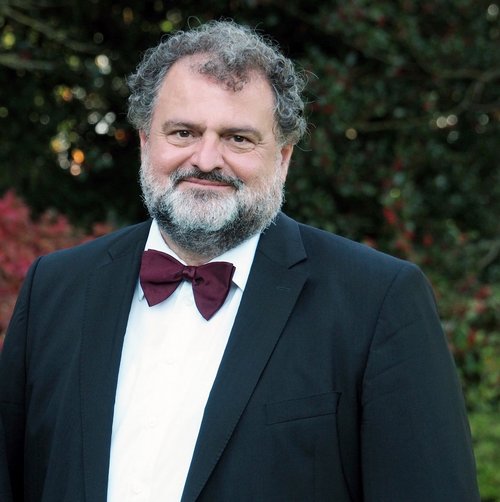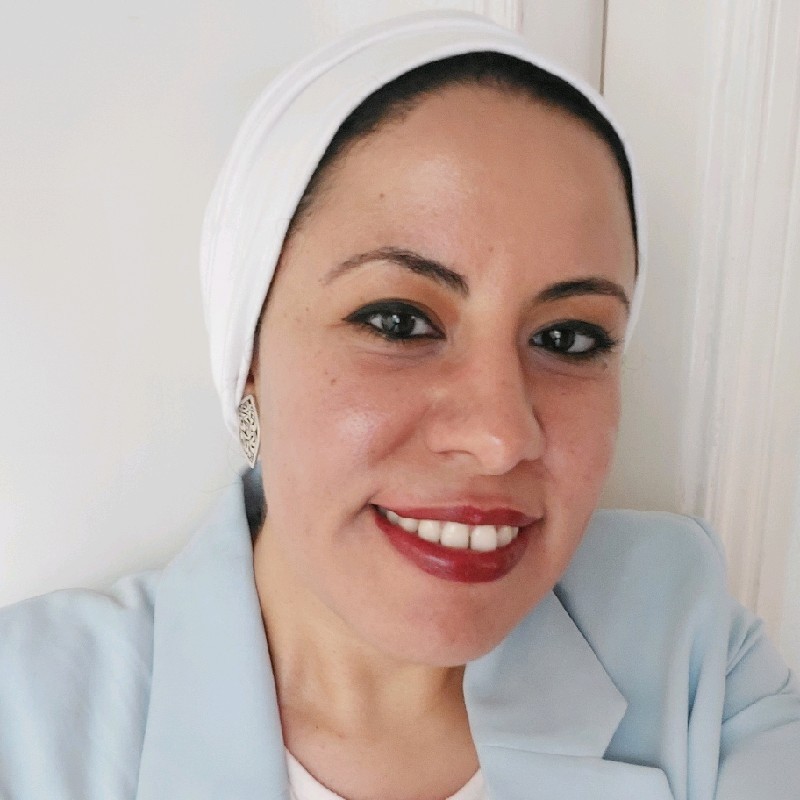The SAGE-Centre is based at An-Najah University in Nablus, Palestine, with hubs in Jordan and Germany, and aims to empower societies in the Jordan basin to find science-based solutions to an adaptive and sustainable management of natural resources in a changing world. The centre will serve as a regional resource for capacity building of a young generation in an international environment and will thereby become a focal point for regional efforts to propose climate and land use change adaptation options.
The overarching goals of SAGE are to contribute to sharing of and exposure to knowledge and capacity building in relevant disciplines, to conduct multilateral and interdisciplinary research on areas of concern, and make available cutting-edge research relevant for decision-makers. It aims to become a regional resource for national and international bodies concerned with global change and to promote regional transboundary cooperation in global change and is financed within the DAAD-programme Global Centres for Climate and Environment. SAGE is coordinated by Prof. Dr. Anan Jayyousi from An Najah University and Prof. Dr. Katja Tielbörger, University of Tübingen.



